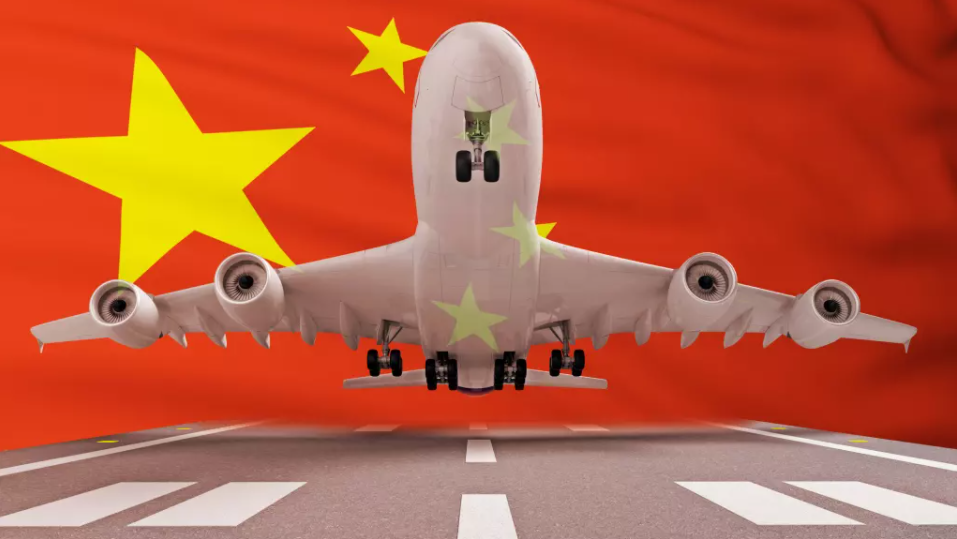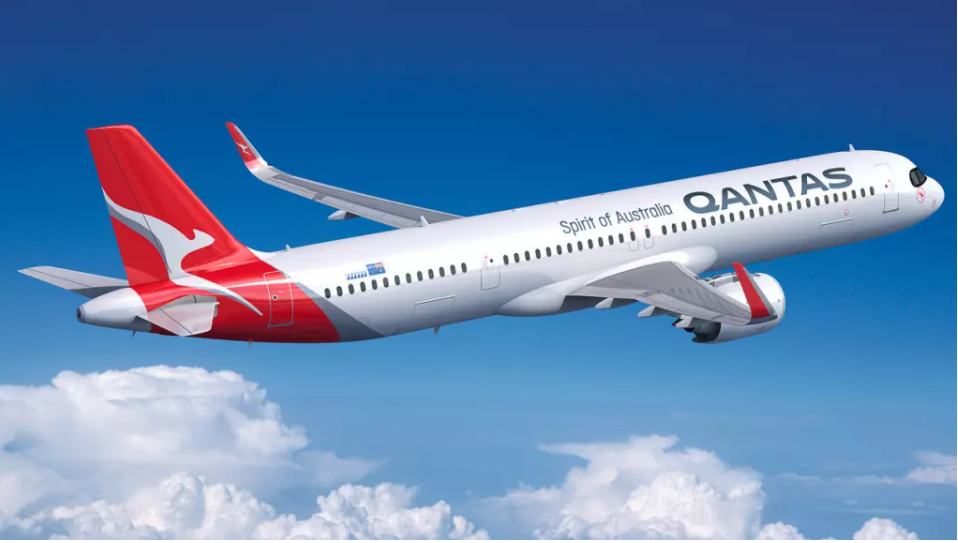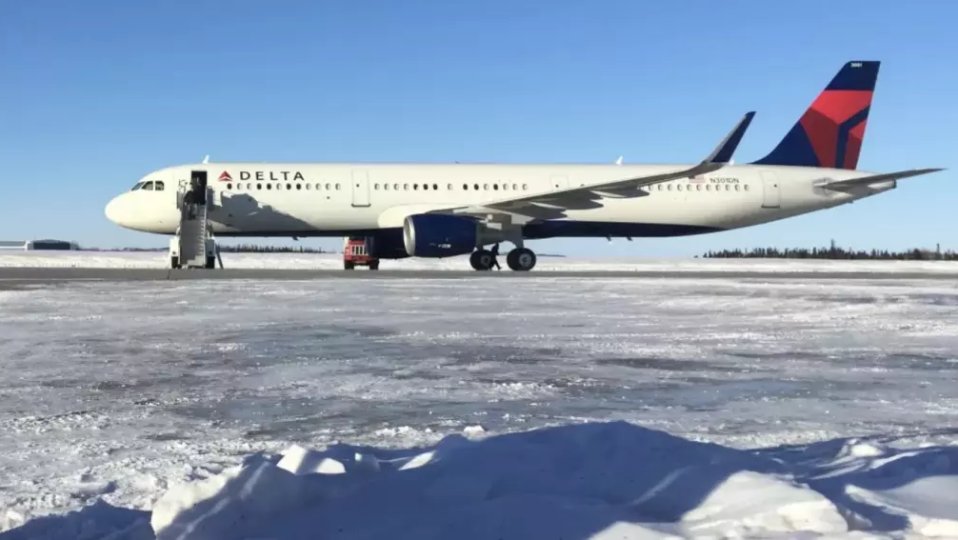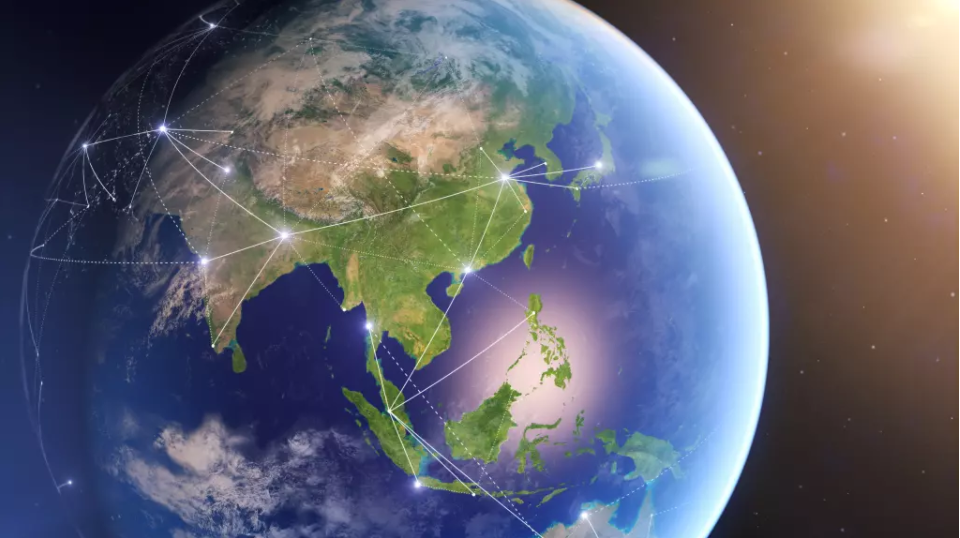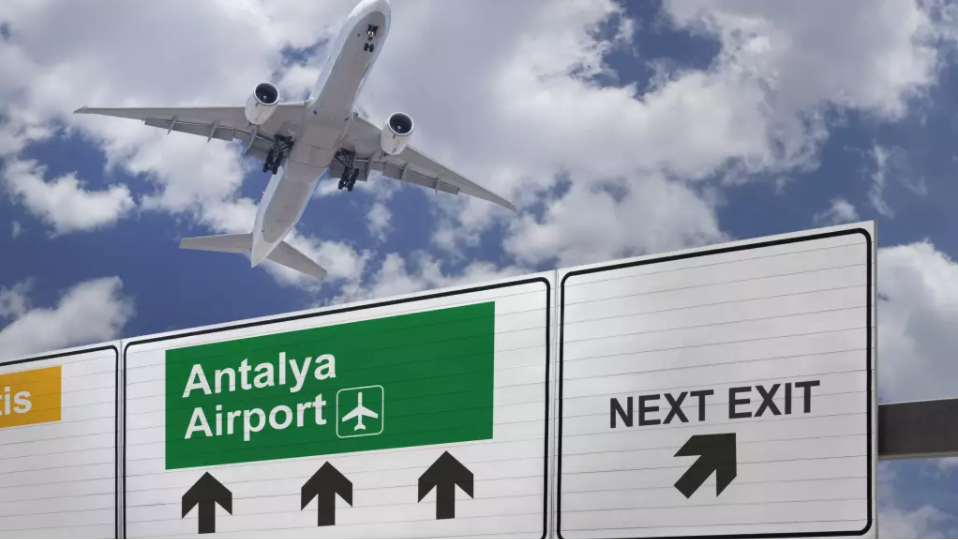China's 'magic weapon' delays AsiaPac airline recovery
Before the pandemic China played a vital role in the international travel market in Asia and beyond, as growing numbers of Chinese travellers went abroad. But that number has become a trickle, and inbound travellers to mainland China have also been stopped by the harshest entry requirements on the planet, including a mandatory 14-day quarantine.
It is a situation that is unlikely to change soon, casting a dark shadow over traffic forecasts for the entire region.
TO READ ON, VISIT: China's 'magic weapon' delays AsiaPac airline recovery
Airbus deal gives Qantas commonality and range advantages
The unsurprising decision by Qantas to purchase up to 134 Airbus narrowbody aircraft will allow the airline to update its core domestic fleet and to open up new markets, thanks to the greater range of the replacement models.
Despite the improved performance of the new aircraft, perhaps the most compelling factor in the Airbus deal is that it enables the Qantas Group to pool its new orders with its large existing backlog of Airbus narrowbody orders that were earmarked for its Jetstar subsidiary.
This made Airbus the most likely choice in the contest to replace Qantas' current Boeing narrowbody fleet. Not only will Qantas gain efficiencies from fleet commonality, it will also have much more flexibility in growing different parts of the group, timing its capital expenditure, and focusing on the most promising demand segments.
TO READ ON, VISIT: Airbus deal gives Qantas commonality and range advantages
Delta Air Lines believes its competitive edge remains intact
Long before the COVID-19 pandemic, Delta's stated mission was to become a trusted brand in the overall US consumer space - not just the airline industry. And while numerous initiatives at airlines worldwide have been paused during the COVID-19 crisis, Delta is pressing full steam ahead in its quest to achieve premium brand status.
So far, the results are promising. Delta's net promoter score has grown significantly during the last two years, and the airline has said that its corporate share has grown during the pandemic.
But at the same time Delta recognises there is work to be done to offer a bit more predictability in pricing to customers, and has set out on a course to build up even more levels of consumer trust.
TO READ ON, VISIT: Delta Air Lines believes its competitive edge remains intact
Asia-Pac domestic airlines lead, but international recovery lags
While domestic capacity has surged back in many Asia-Pacific markets since the delta variant of COVID-19 subsided, the international rebound is far slower to emerge in this region than in others around the world.
Domestic markets continue to be a bright spot for those airlines that have strong home networks. Many airlines were badly affected by domestic lockdowns around the middle of 2021 and the third quarter, but most of these restrictions on internal travel have now been eased.
Of course, any optimism must be tempered by the potential of the omicron variant to cause disruptions.
On the international front, Asia-Pacific governments have generally been more reluctant to reopen borders than those in regions such as Europe and North America. This has made it very difficult for Asian airlines that rely heavily on international and connecting traffic to gain much recovery momentum.
TO READ ON, VISIT: Asia-Pac domestic airlines lead, but international recovery lags
Antalya Airport attracts concession rebidders; TAV/Fraport successful
It seemed as if a battle royal was brewing over the concession of Turkey's Antalya Airport, which has been held now, despite the present concession having been extended until the end of 2026.
The incumbent, Fraport/TAV might have anticipated a tough challenge from a VINCI AIRPORTS-led consortium which had "expressed interest" in it, but apparently backed off.
There may be many reasons for that decision. Like many tourist-oriented airports, Antalya lost a lot of traffic in 2020 but it has rebounded in 2021.
The future is unclear and the concession price high, with a commitment to hundreds of millions of euros in infrastructure enhancements. It is one of very few deals being concluded presently and not a new one, as there had been a concession since 2007.
Even so, it will act as a benchmark of sorts for whatever other deals materialise in the next few months.
TO READ ON, VISIT: Antalya Airport attracts concession rebidders; TAV/Fraport successful
